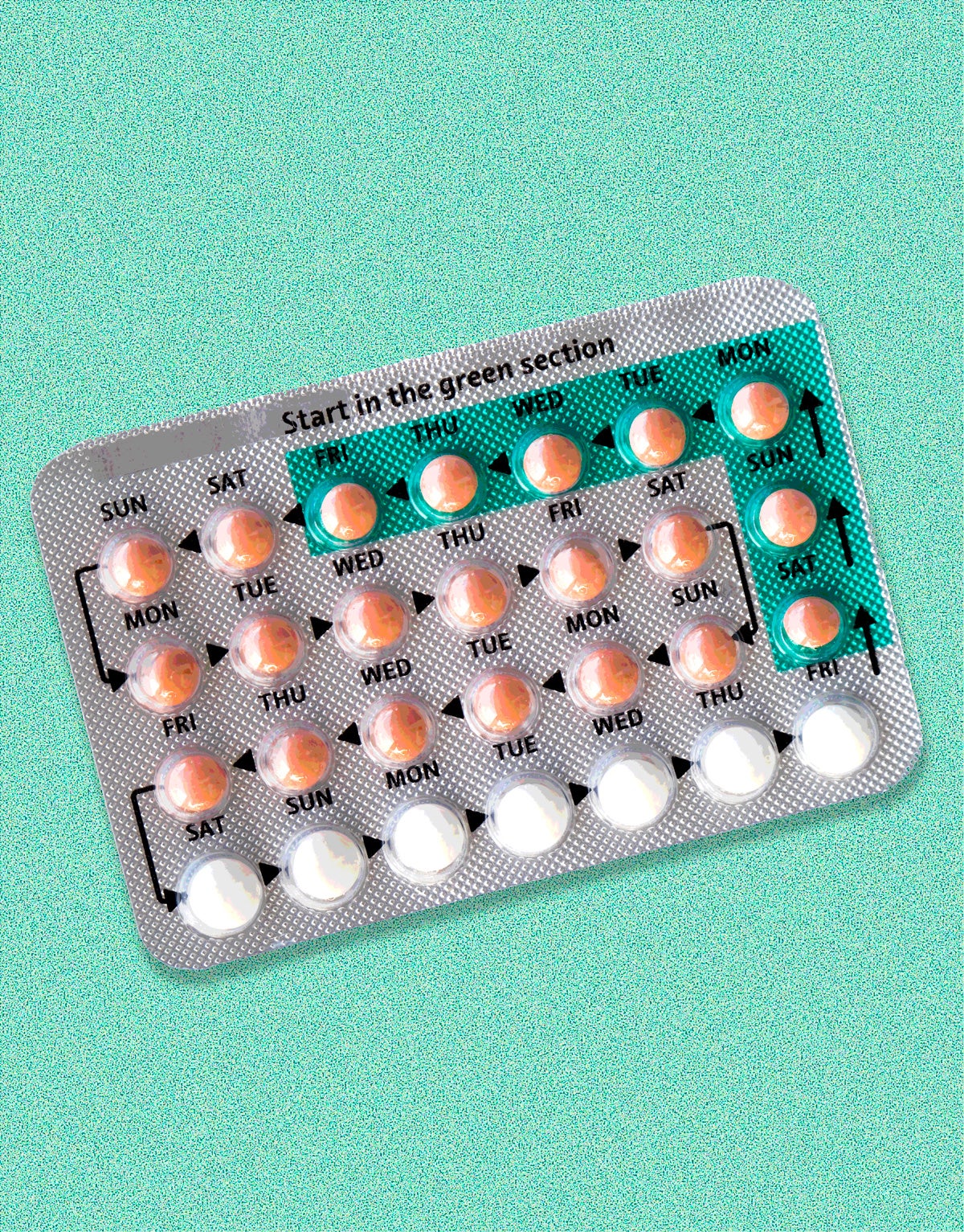The Future Of Family Planning: Over-the-Counter Birth Control And Post-Roe Healthcare

Table of Contents
The Rise of Over-the-Counter Birth Control
The prospect of over-the-counter (OTC) birth control represents a potential revolution in reproductive healthcare. Increased accessibility and affordability are key arguments driving the movement.
Increased Accessibility and Affordability
Making birth control readily available without a prescription holds immense promise. This could significantly improve access for low-income individuals and those in underserved areas who currently face significant barriers.
- Lower costs: Eliminating the cost of doctor visits and prescriptions would make birth control significantly more affordable.
- Reduced barriers to access: Removing the need for appointments and navigating insurance complexities could drastically improve access, particularly for individuals in rural areas or those with transportation challenges.
- Improved convenience: Easier access would empower individuals to take control of their reproductive health with greater ease and privacy.
The impact on unintended pregnancies and abortion rates could be substantial. Studies have consistently shown that increased access to contraception leads to lower rates of both. Countries like France and the UK, where certain forms of birth control are available over the counter, demonstrate the potential for positive outcomes.
Potential Concerns and Challenges
While the benefits are compelling, it’s crucial to acknowledge potential drawbacks. Responsible use and comprehensive education are paramount.
- The importance of comprehensive sex education: Ensuring individuals understand how to use birth control effectively, potential side effects, and the importance of regular check-ups is vital.
- Risks of self-medication: OTC access requires a strong emphasis on responsible use to minimize potential health risks associated with improper use or interactions with other medications.
- Ensuring access to accurate information: Clear, accessible information about different birth control options and their suitability for individual needs is critical to safe and effective use.
Pharmacists and healthcare providers will play a crucial role in providing guidance and support, answering questions, and addressing concerns.
The Regulatory Landscape
The path to OTC birth control faces significant regulatory hurdles. The FDA approval process is rigorous and complex, involving extensive research and review.
- FDA approval processes: Meeting the FDA's stringent requirements for safety and efficacy is a major challenge for pharmaceutical companies.
- Lobbying efforts: The debate surrounding OTC birth control involves significant lobbying from various stakeholders, including pharmaceutical companies, healthcare providers, and advocacy groups.
- Political implications: The political climate significantly influences the speed and success of regulatory approvals.
The perspectives of different stakeholders vary greatly, highlighting the complexity of this issue.
Navigating Family Planning in a Post-Roe America
The overturning of Roe v. Wade has profoundly impacted access to reproductive healthcare services across the United States.
Access to Reproductive Healthcare Services
The post-Roe landscape presents significant challenges, particularly for individuals in states with restrictive abortion laws.
- Increased restrictions in some states: Many states have enacted or are considering laws severely restricting access to abortion, impacting related services like contraception and family planning counseling.
- Challenges in accessing care: Geographic location, socioeconomic status, and race all contribute to significant disparities in access to reproductive healthcare services.
- The role of telehealth: Telehealth offers a crucial avenue for expanding access, particularly in areas with limited healthcare infrastructure.
The Importance of Comprehensive Sex Education
Comprehensive sex education is critical to empowering individuals to make informed choices about their reproductive health.
- Improved knowledge of birth control options: Education about various methods, their effectiveness, and potential side effects is crucial.
- Understanding of reproductive health: A comprehensive understanding of the menstrual cycle, fertility, and overall reproductive health is vital for making informed decisions.
- Promoting healthy relationships: Sex education should emphasize healthy relationships, communication, and consent.
The debate surrounding comprehensive sex education continues, with abstinence-only programs still prevalent in some areas despite evidence demonstrating their ineffectiveness.
The Role of Technology and Telehealth
Technology is transforming access to family planning services.
- Online consultations: Virtual consultations with healthcare providers offer convenience and accessibility.
- Virtual appointments: Telehealth appointments can reduce barriers associated with transportation and scheduling conflicts.
- Mobile apps for birth control reminders and tracking: These tools can improve adherence to prescribed regimens and provide valuable information.
While telehealth offers significant advantages, challenges remain in addressing digital literacy, internet access, and ensuring data privacy.
Conclusion
The future of family planning hinges on increased access to affordable and effective birth control, especially in the context of post-Roe America. Over-the-counter birth control presents a powerful opportunity to improve access and affordability, though potential challenges require careful consideration and proactive mitigation. Comprehensive sex education and expanding access to telehealth are also critical components of a robust family planning system. Learn more about the future of family planning and the role of over-the-counter birth control in a post-Roe America. Support policies that expand access to affordable and accessible reproductive healthcare.

Featured Posts
-
 Rio Tintos Dual Listing Survives Activist Investor Challenge
May 02, 2025
Rio Tintos Dual Listing Survives Activist Investor Challenge
May 02, 2025 -
 Talk Show Host Forced To Fill In After Presenters Absence
May 02, 2025
Talk Show Host Forced To Fill In After Presenters Absence
May 02, 2025 -
 Toronto Companys Bid For Hudsons Bay A Challenging Acquisition Prospect
May 02, 2025
Toronto Companys Bid For Hudsons Bay A Challenging Acquisition Prospect
May 02, 2025 -
 500 Nhl Points For Clayton Keller Missouris Hockey Pride
May 02, 2025
500 Nhl Points For Clayton Keller Missouris Hockey Pride
May 02, 2025 -
 1 Mayis Emek Ve Dayanisma Guenue Nde Yasananlar Bir Degerlendirme
May 02, 2025
1 Mayis Emek Ve Dayanisma Guenue Nde Yasananlar Bir Degerlendirme
May 02, 2025
